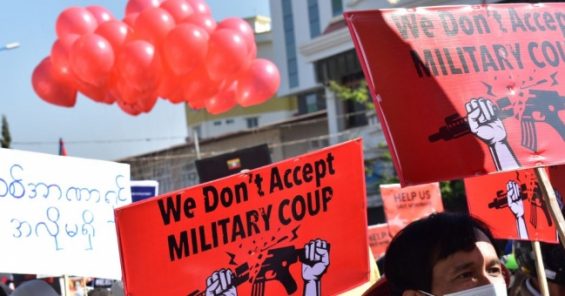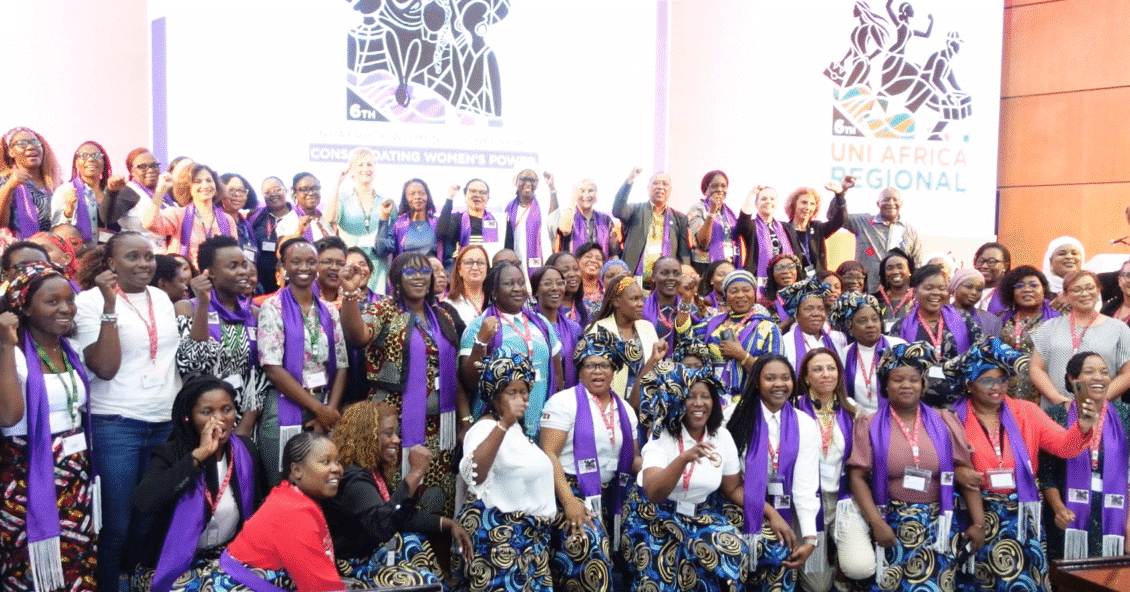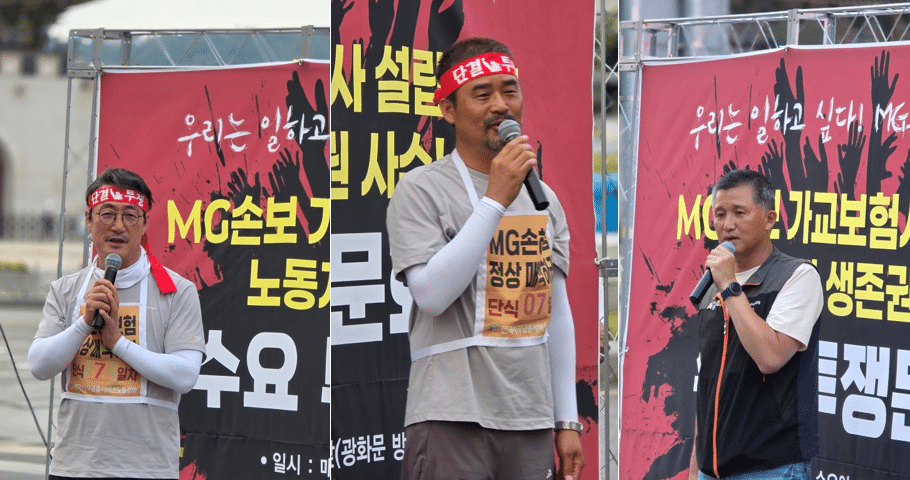Towards Freedom and Dignity in Myanmar: The ILO Should Lead the Global Fight
01.11.24
UNI Global Union stands in solidarity with the people of Myanmar’s desire for democratic self-rule. We want to share this important essay by Ambet Yuson, General Secretary of BWI, and Sue Longley, General Secretary of IUF, on the importance of ILO action.
Towards Freedom and Dignity in Myanmar: The ILO Should Lead the Global Fight
By Ambet Yuson, General Secretary of BWI, and Sue Longley, General Secretary of IUF
The ILO’s Commission of Inquiry report on Myanmar, titled “Towards Freedom and Dignity in Myanmar,” describes a regime despised by the people of Myanmar, clinging to power through terror and fear. It confirms steadily worsening conditions for the population: forced displacement both internally and externally, grinding poverty, hunger, disease, regular bombings, and the murder of civilians. For those who resist, including trade unionists, there are arbitrary detentions, torture, and imprisonment.
The findings of the Commission of Inquiry are reinforced by a tripartite letter, dated 27 September 2024, from the National Unity Government (NUG) to the ILO Director-General. Based on hundreds of interviews and extensive documentation, the letter details severe and worsening violations of workers’ rights, including freedom of association, forced labour, and child labour. Evidence from the NUG shows that victims include men, women, and children forcibly conscripted into the military to wage war against other citizens.
According to the NUG, the actions of this regime have “created a climate of fear, repression, and violence,” and it is time to hold the military accountable for their crimes and strip them of their power to prevent further harm to the people of Myanmar. Brutality has only increased suffering; repression has not ended the conflict, nor has it brought peace – not even the peace of the graveyard.
Organised Opposition
The regime’s crimes have helped build a historic, united opposition. Some of the vital infrastructure for that opposition arose during the period of limited democracy under the previous military regime, which had begun a reform process. Trade unions and a system of industrial relations emerged during that time, aided by the ILO and global trade union solidarity.
Courageous trade union activists led open opposition through strikes and demonstrations. When forced underground, unions participated in the establishment of the National Unity Government (NUG). While armed opposition has made progress against the military regime, neither the ILO nor the UN advocate bringing peace through war.
On 1 February 2025, it will mark four years since the coup. Even at this late stage, a coherent and effective global strategy, coupled with a sense of urgency, could lead to a peace that would heal Myanmar rather than destroy what remains of it.
Conclusion
For the ILO and its constituents, Myanmar should be a priority, not because it is hopeless, but because there is hope. Although democracy was not fully developed, the people have tasted freedom. They have experienced freedom of association and expression. The exercise of these rights fosters respect for other human rights. The seeds of democracy are entrenched in the people of Myanmar and have been hardened by their struggle.
BWI and IUF join the call, outlined in the attached NUG letter, for the ILO to “take decisive action to hold the junta accountable for treating the people of Myanmar as slaves, in blatant violation of labour standards.” It is time for the ILO to act decisively to protect the rights and dignity of workers in Myanmar. The continued violation of workers’ rights and disregard for the Commission of Inquiry’s recommendations require an immediate and forceful response. Failure to act will result in further loss of life, the destruction of an entire generation, and irreversible damage to Myanmar’s future.
The ILO Governing Body should, at the earliest opportunity, invoke Article 33 of the ILO Constitution. It should develop recommendations for the International Labour Conference to support the will of the people of Myanmar, reject the junta’s contempt for global values and standards, and uphold the rule of law.
News
UNI Asia & Pacific


